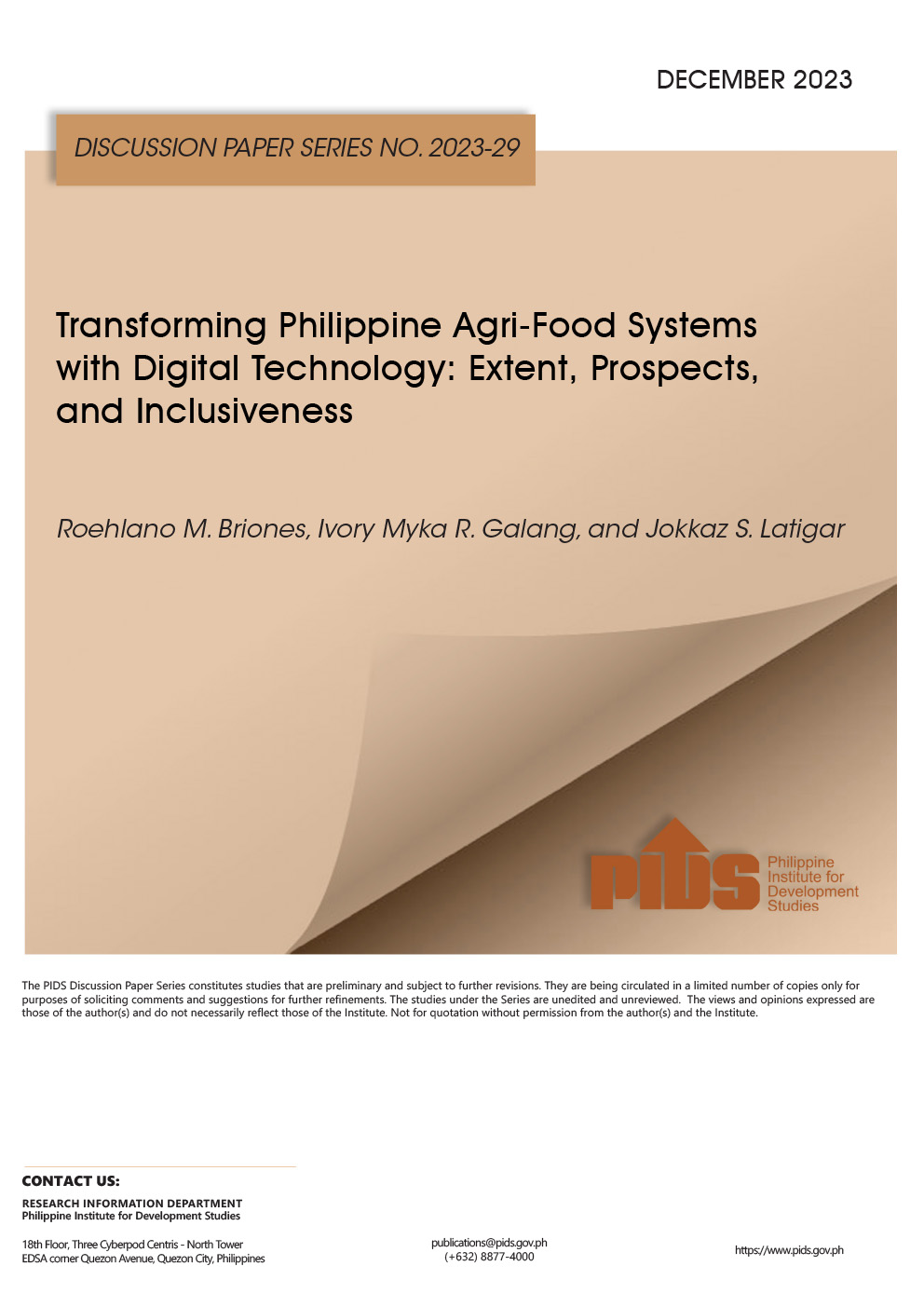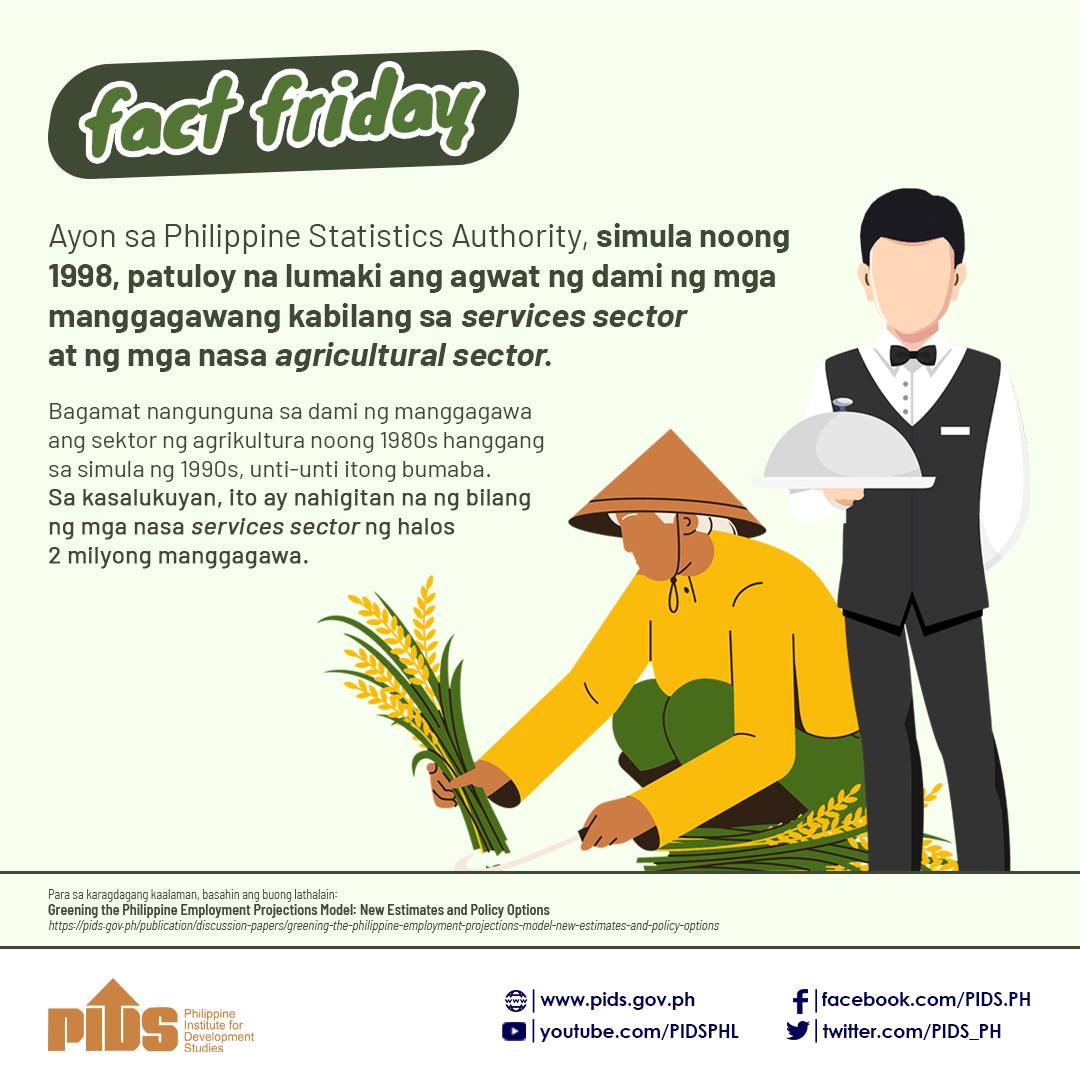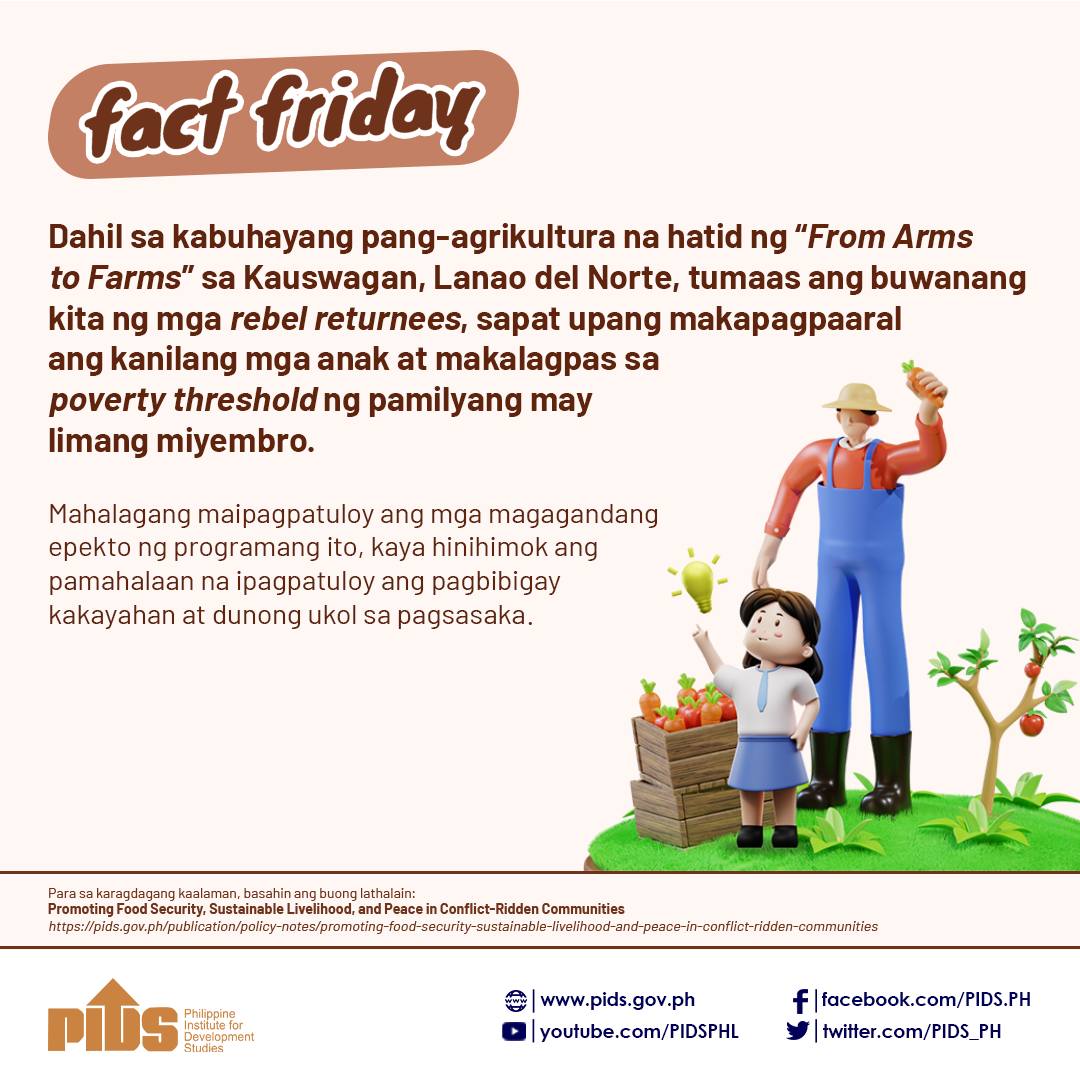THE chairman of the House committee on agriculture and food has filed a bill seeking for a tariff scheme for rice after the lapse of the waiver on the quantitative restriction (QR) regime by endJune. Anac-IP Rep. Jose T. Panganiban, Jr. filed House Bill 5433, which seeks to replace the quantitative restriction regime with a tariff scheme, while creating a fund dedicated to boosting the competitiveness of Philippine rice.
Mr. Panganiban told reporters a hearing is scheduled for May 16 to discuss HB 5433 and other bills on QR, adding that the committee will try to approve it before the end of the first regular session on June 2.
We will try to approve it in the committee by but I don’t think it can be approved in the plenary [before June 2],” said Mr. Panganiban.
In Mr. Panganiban’s measure, rice will now be among the agricultural products subject to tariff “in lieu of non-tariff import restrictions to protect local producers of agricultural products.
The measure also calls for a fund, financed from the duties collected from rice imports and the minimum access volume mechanism for five years from the effectivity of the law.
The bill also requires the Department of Agriculture to establish a Rice Industry Roadmap “to restructure the government’s delivery of support services for the sector.
Former President and now Pampanga Rep. Gloria Macagapal, former Agriculture Secretary and now Bohol Rep. Arthur C. Yap (3rd district), and Deputy Speaker Sharon S. Garin have their own versions of the measure, which are all pending at the committee on agriculture and food.
Mr. Panganiban said that he asked House leaders to include the proposal as one of the priorities of the chamber.
The QR scheme is a non-tariff measure that limits the amount of imported commodities. Rice is the only commodity in the Philippines that enjoys such special treatment, granted to the country through a waiver, upon acceding to the World Trade Organization in 1995.
The Philippines has successfully sought to extend twice the use of the QR -- both in 2005 and 2012 -- and the waiver for its use is slated to expire next month.
The minimum access volume currently stands at 805,200 metric tons with in-quota and out-of-quota import duties at 35% and 40%.
The Philippine Institute of Development Studies has been pushing for a 35% tariff on rice, saying that such a rate would be favorable for local farmers as tariff revenue of rice imports could be used for other enhancement measures.
The Philippines’ commitment to the ASEAN Trade in Goods Agreement (ATIGA) limits import duties of its trade-sensitive commodities such as rice at 35%.
A tariff rate higher than the ATIGA baseline would require a series of negotiations with ASEAN members and may come at the cost of other tariff-sensitive products outside agriculture.












